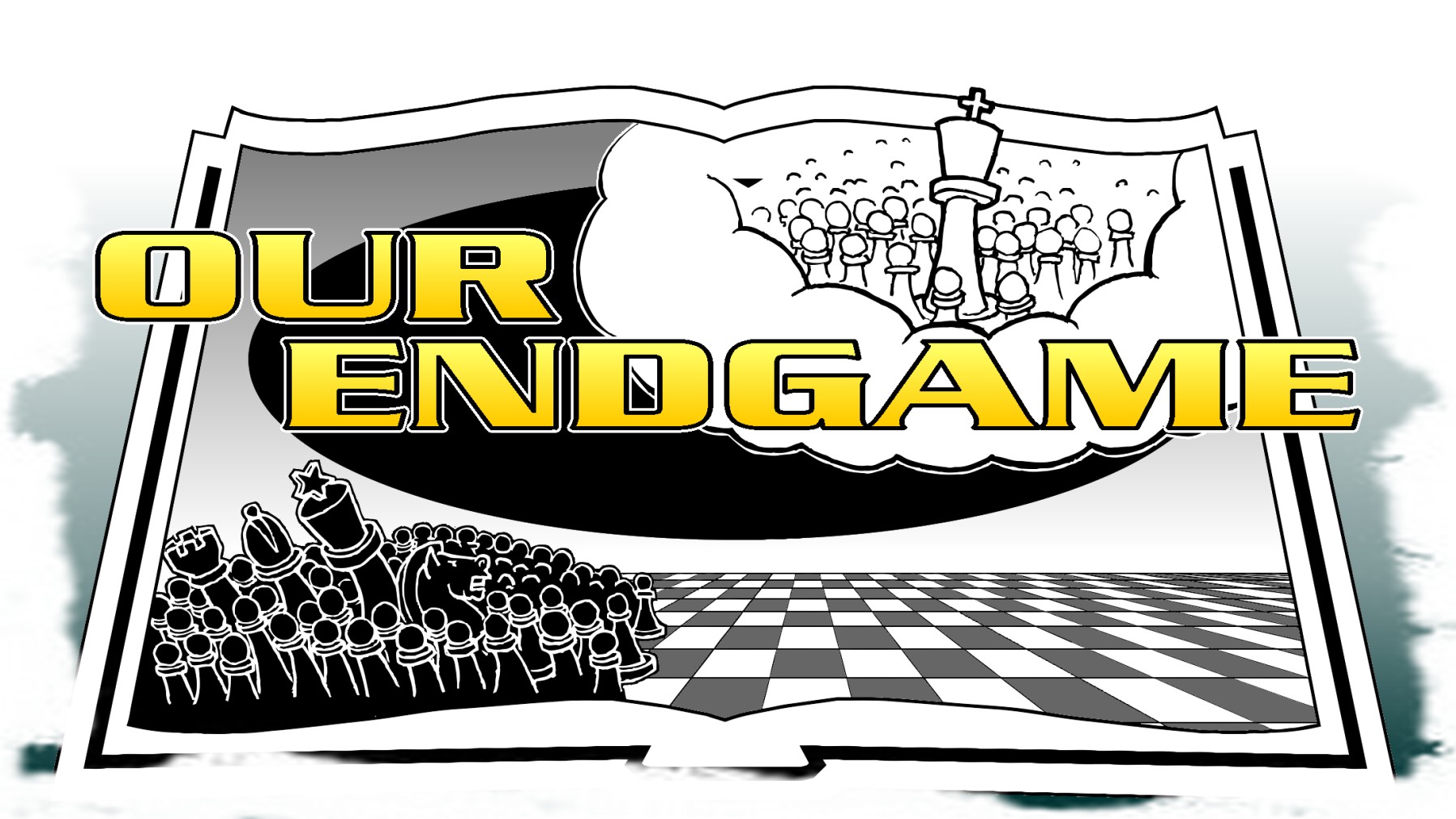The Essential Church
Likely few Scots anticipated the impending persecution that would fall on the congregation of Reformed believers who sat with agitated attention to the new liturgy. The St. Giles Cathedral loomed large and Gothic on this fateful, balmy summer Sunday in 1637 Edinburgh. At some point while James Hannay, the Dean of Edinburgh, delivered a new liturgy addressing church polity, a woman in attendance – alleged to have been a local street vendor – yelled, “De’il gie you colic, the wame o’ ye, fause thief; daur ye say Mass in my lug?” which translated means something like, “The devil give a colic to your guts you false thief. Dare you say mass in my ear?” At this she flung the three-legged stool on which she had been sitting at the minster’s head. Apparently, the woman was not the only upset congregant. A riot erupted, as hurled Bibles and chairs, accompanied by shouts and epithets, filled the airspace of the church.
And so started in 1637 the Scottish resistance to King Charles I’s attempt to impose by state fiat ecclesiastical innovations on the Church of Scotland. In the view of the Scottish Christians, the king was exercising sovereignty over a body upon which he had no authority. Authority over the church belonged to Jesus Christ alone.
Three-hundred and eighty-three years later to the day, July 23, 2020, another church-state conflict began brewing as the leaders of a church some 5000 miles southwest of the St. Giles Cathedral affirmed a similar sentiment. While no Bibles or chairs were thrown, the elders of Grace Community Church in Los Angeles, California issued a statement to the City of Los Angeles and the State of California declaring that, “Christ, not Caesar is the Head of the Church.”
–~–
Convictions often find voice under the most peculiar of events. For the elders at Grace Community Church, the event was the issuance of certain mandates several months into the pandemic. Although Grace leaders’ resistance to what they saw as overreaching state authoritarianism was far removed from Edinburgh in time and space, their motivation was the same—to declare that earthly governing authorities may not impose on the church mandates regarding worship practices. For the State of California, the most extreme edicts took the form of ordering church doors to close altogether. Less restrictive dictates involved not merely masking and social distancing, but such matters as fine-pointed prescriptions regarding bathroom occupancy and specific limitations on singing, saying prayers, and shaking hands.
The feature-length documentary, The Essential Church, recounts the unfolding of these recent events against the backdrop of the 17th-century Scottish Covenanters’ resistance. Premiering in theaters on July 28th, The Essential Church explores the long-running conflict between the church and governing authorities. History-lovers will be inspired by the resolve of the Covenanters who refused to bow their knee to the lordship of the monarchy—some of whom were publicly put to death by the state—as the film poignantly interweaves three-hundred-year-old stories of brave Scottish martyrdoms, such as the Tale of the Two Margarets and John Brown, with contemporary narratives of Christian persecution in the west. Highlighted throughout, as well, are the experiences of two Canadian pastors arrested and incarcerated for the “crime” of holding church services during a time of state-ordered church closures.
–~–
The documentary also points out that what was most distressing in the face of persecution for the Scottish Covenanters was that many of them suffered not just at the hands of the crown, but also due to the reactions of their own countrymen. Many of the Presbyterian faithful who would not swear an oath to the king were subsequently turned in by the very people they had worked and farmed alongside. While no one in the contemporary West gets “turned in” to authorities for holding church services, Grace Church elders and other churches that resumed services against lockdown mandates were subjected to sharp criticisms for “not rendering to Caesar that which was Caesar’s” or not obeying governing authorities according to Romans 13.
Certainly, these are difficult questions, and there are important conversations to be had regarding what exactly should or should not be rendered to Caesar, but apart from specific questions or arguments for one answer or another, viewers will be edified following along as pastoral leaders weigh the risks of exorbitant fines, imprisonment, and the possibility of a church split, in order to serve church attendees as they thought best against a tide of many others who simply complied with government orders.
Thanks to the skill of Grace’s legal team from the Thomas More Society, Grace Community Church prevailed in its legal entanglements, and the dictates issued by the City of Los Angeles and the State of California were declared unenforceable. Commenting on the importance of church courage in the face of government overreach in this incident, Canadian commentator Mark Steyn observed that, “When the churches fall silent, the only religion left is that of the state.”
History records nothing but a tragic tale when that occurs. The “essential church” for the ages until Christ returns must at times stand for Christ and his people in the face of state overreach. “As the government gets more corrupt,” said MacArthur, “its totalitarian control has to increase. And as they shut down any attacks against them, the last thing standing is going to be the church.”
— Emily Morales
